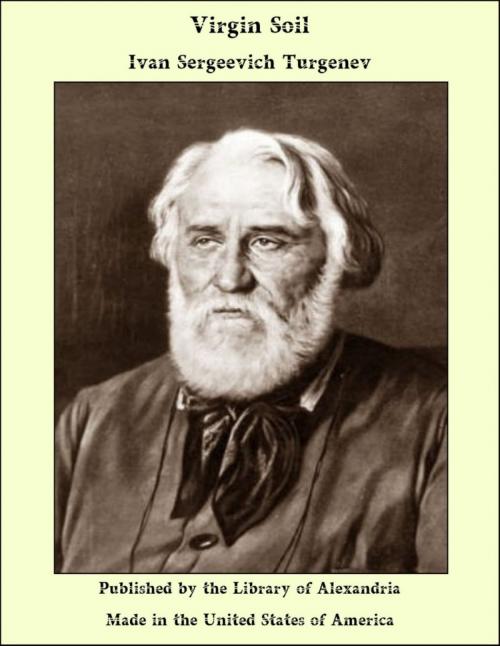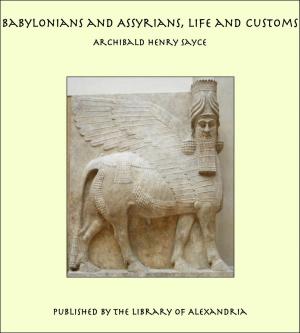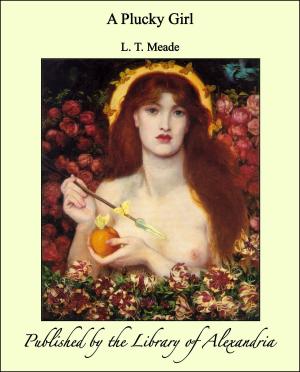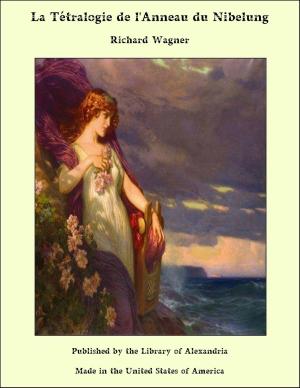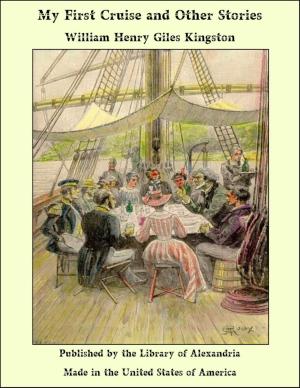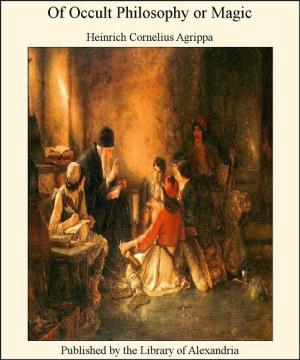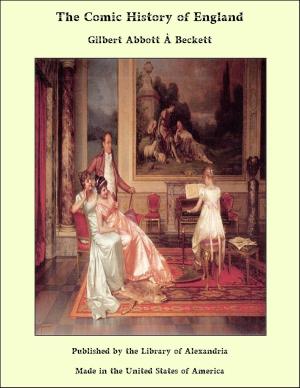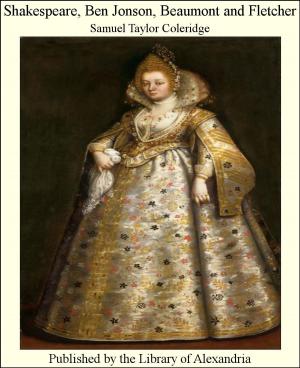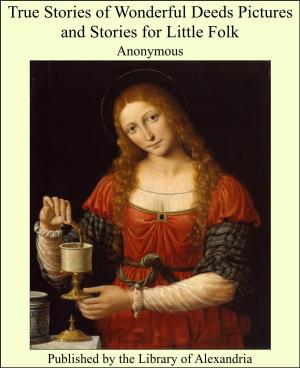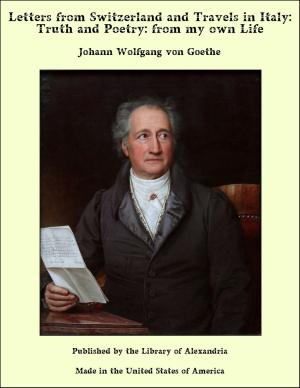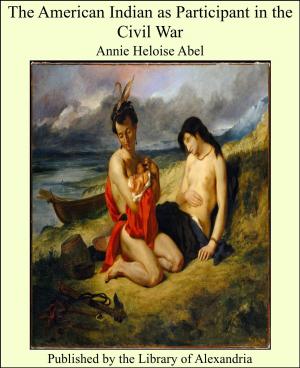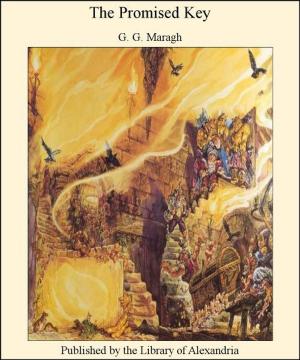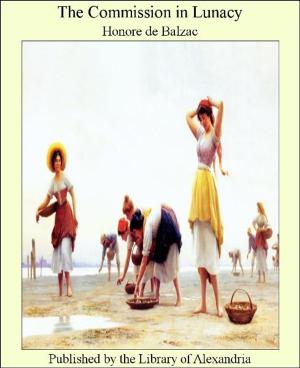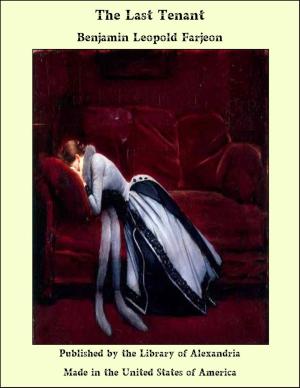| Author: | Ivan Sergeevich Turgenev | ISBN: | 9781465590138 |
| Publisher: | Library Of Alexandria | Publication: | July 29, 2009 |
| Imprint: | Language: | English |
| Author: | Ivan Sergeevich Turgenev |
| ISBN: | 9781465590138 |
| Publisher: | Library Of Alexandria |
| Publication: | July 29, 2009 |
| Imprint: | |
| Language: | English |
TURGENEV was the first writer who was able, having both Slavic and universal imagination enough for it, to interpret modern Russia to the outer world, and Virgin Soil was the last word of his greater testament. It was the book in which many English readers were destined to make his acquaintance about a generation ago, and the effect of it was, like Swinburne’s Songs Before Sunrise, Mazzini’s Duties of Man, and other congenial documents, to break up the insular confines in which they had been reared and to enlarge their new horizon. Afterwards they went on to read Tolstoi, and Turgenev’s powerful and antipathetic fellow-novelist, Dostoievsky, and many other Russian writers: but as he was the greatest artist of them all, his individual revelation of his country’s predicament did not lose its effect. Writing in prose he achieved a style of his own which went as near poetry as narrative prose can do. without using the wrong music: while over his realism or his irony he cast a tinge of that mixed modern and oriental fantasy which belonged to his temperament. He suffered in youth, and suffered badly, from the romantic malady of his century, and that other malady of Russia, both expressed in what M. Haumand terms his "Hamletisme." But in Virgin Soil he is easy and almost negligent master of his instrument, and though he is an exile and at times a sharply embittered one, he gathers experience round his theme as only the artist can who has enriched leis art by having outlived his youth without forgetting its pangs, joys, mortifications, and love-songs.
TURGENEV was the first writer who was able, having both Slavic and universal imagination enough for it, to interpret modern Russia to the outer world, and Virgin Soil was the last word of his greater testament. It was the book in which many English readers were destined to make his acquaintance about a generation ago, and the effect of it was, like Swinburne’s Songs Before Sunrise, Mazzini’s Duties of Man, and other congenial documents, to break up the insular confines in which they had been reared and to enlarge their new horizon. Afterwards they went on to read Tolstoi, and Turgenev’s powerful and antipathetic fellow-novelist, Dostoievsky, and many other Russian writers: but as he was the greatest artist of them all, his individual revelation of his country’s predicament did not lose its effect. Writing in prose he achieved a style of his own which went as near poetry as narrative prose can do. without using the wrong music: while over his realism or his irony he cast a tinge of that mixed modern and oriental fantasy which belonged to his temperament. He suffered in youth, and suffered badly, from the romantic malady of his century, and that other malady of Russia, both expressed in what M. Haumand terms his "Hamletisme." But in Virgin Soil he is easy and almost negligent master of his instrument, and though he is an exile and at times a sharply embittered one, he gathers experience round his theme as only the artist can who has enriched leis art by having outlived his youth without forgetting its pangs, joys, mortifications, and love-songs.
